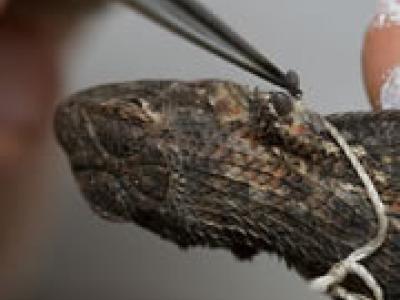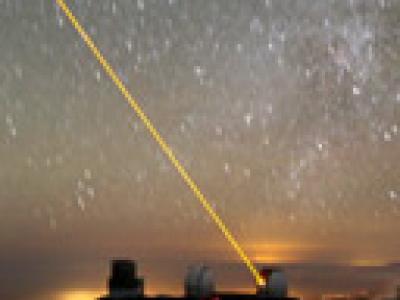Saul Perlmutter Wins the Einstein Medal
Berkeley Lab’s Saul Perlmutter has won the Einstein Medal presented annually by the Albert Einstein Society of Bern, Switzerland, for his role in discovering the accelerating expansion of the universe by observing very distant supernovae.







